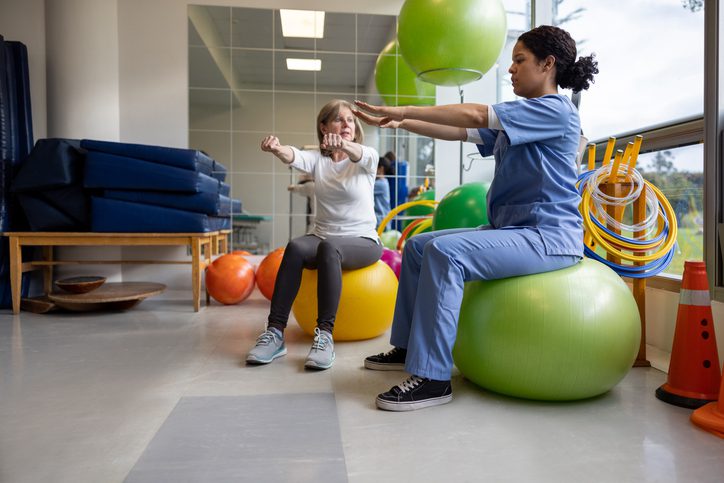Occupational therapy is a whole-person approach to helping people across all age groups to adapt. This is done in order to help them continue to have meaningful lives after they lose the ability to do something the way that they used to or the way someone else might. Occupational therapists use everyday activities to help people find new ways to do tasks and get what they want out of life.
At Carolina Dunes, we embrace the importance of meaningful day-to-day activities in promoting mental health. We also believe in offering holistic treatment that does not focus on just one aspect of who a person is or what struggles they face, which is why we offer occupational therapy as part of the wide array of services we deliver to our clients in Leland, North Carolina.
Common Struggles Among Patients With Mental Illness
People with mental health diagnoses are as unique as people without them. For this reason, the way any person with a mental health condition may manifest their struggles can look different from the next. Even so, there are certain areas where it is common for people with mental illness to struggle. Some of the domains include:
- Planning
- Organizing
- Problem-solving
- Decision making
These are all difficulties that can benefit from occupational therapy, whether it is offered individually or in a group setting.
Benefits of Occupational Therapy for Mental Health
Several studies have been conducted to determine how people who are in treatment for their mental health benefit from occupational therapy, and researchers found the following:
- Improved social engagement
- Less social isolation
- Ability to use relaxation techniques
- Increased medication adherence
- Improved community reintegration following hospitalization
- Better skills for stress and emotion management
In addition, occupational therapists can help to fill the gap between behavioral health and medical care. They understand how mental health and substance use impact a person’s day-to-day life and can help to address these struggles in practical, person-centered ways.
Diagnoses Shown to Benefit from Occupational Therapy
In studies of people with mental health diagnoses who received occupational therapy, it was found that individuals with a variety of conditions benefited from receiving OT. Conditions include:
- Depression – improved functioning and participation in treatment
- Anxiety – improved functioning and participation in treatment
- Schizophrenia – enhanced social functioning, mental performance, motivation and decision-making. Decreased frequency and duration of subsequent hospitalizations.
These are also some of the conditions we most often treat at Carolina Dunes Behavioral Health.
What Occupational Therapists Do
Occupational therapists have master’s or doctorate-level degrees. They utilize their skills to:
- Identify the needs of individual clients
- Determine what environmental changes are needed to help the client attain their goals
- Use strength-based approaches to improving client functioning
- Address health and well-being needs
- Support recovery
- Assist with social determinants of health, including housing, education, and vocation
How Occupational Therapists Can Help
If there is something in a person’s day-to-day life that they are struggling to do, an occupational therapist can help them come up with a plan for how to manage the activity and break it down into small steps. Some examples include:
- Planning out daily routines
- Returning to work, school, and other activities
- Developing techniques to help with memory, focus, or decision making
- Making the home safe and accessible
Occupational therapists also help by training caregivers and family in how to best support their loved one.
Occupational Therapy Versus Recreational Therapy
It is not uncommon for people to confuse recreational and occupational therapy because they do have similarities in how they help people improve their quality of life, but these are two distinct therapy types. As already mentioned, occupational therapy is focused on modifying the environment for people to be able to engage in full, independent lives through school, work, and other activities. Recreational therapy, on the other hand, is more focused on helping people find ways to enjoy their lives by getting involved in their communities and building up their skills.
Where Occupational Therapists Work
Aside from working in inpatient mental health programs like Carolina Dunes, occupational therapists are also often found in client homes, community centers, nursing homes, outpatient clinics, schools and many other places. They can deliver services nearly anywhere that a person spends their time.
At Carolina Dunes Behavioral Health, we offer a wide array of services to promote mental health recovery for the adolescents and seniors we serve, such as group and individual therapy, art therapy, medication management, and occupational therapy. Each client has an individualized treatment plan, customized to meet their unique needs and goals.






